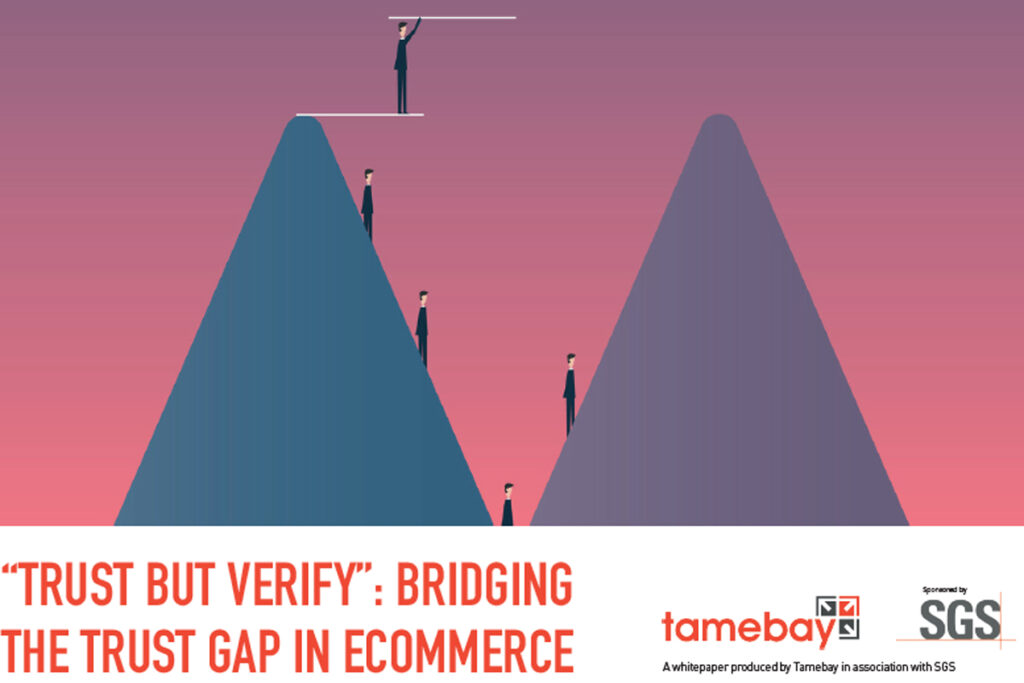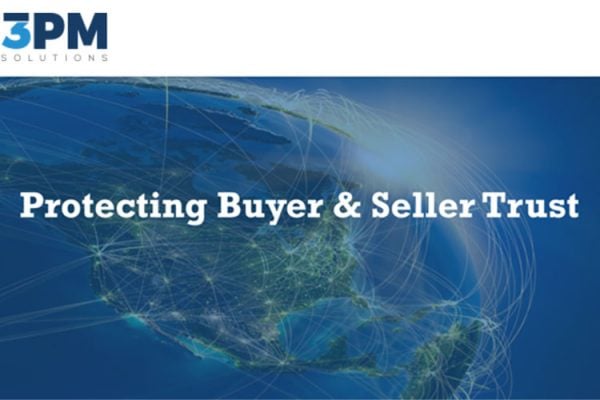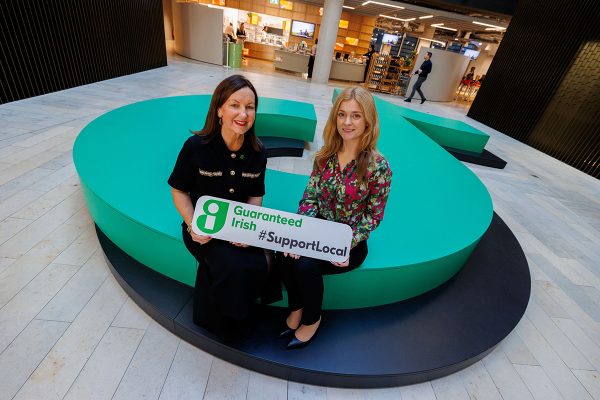Today we are looking at the whitepaper, written in partnership with SGS showing businesses the importance of trust and how they can build trust by looking at six best practices whilst highlighting techniques to certify products. Trust is the oil that keeps the gears of online commerce running smoothly. When consumers have confidence in their online purchases – confidence that they are getting what they have paid for, confidence that their data is being handled securely – they are happy to keep spending.
Compared to the consistent interactions of the offline world, in an online environment customers and sellers may interact only once and never again. Relationship-building is different, meaning every transaction has to be individually assured. Unfortunately for sellers and marketplaces, first impressions are what matter and you only get to make one. Customers are becoming more proactive in seeking out online deals and if a seller doesn’t deliver on trust then it is easier than ever for them to look elsewhere.
As well as the ability to trust a brand, Consumers want access to the best and cheapest products from around the world and a large number of products sold online today flow over from the likes of China where labour and material costs will be lower. But buyers don’t want to do the vetting themselves. They want clear and accessible information and they want to know that they are getting what they pay for. If the seller can’t deliver this, there will always be other choices for the consumer – this is the internet after all.
Key areas covered in the whitepaper:
- Techniques for certification
- Process – How to address ethical concerns and achieve assurance
- How to present key information to the consumer
- Featuring case studies, survey insights and key legal information
Download the free whitepaper “Trust But Verify”: Bridging the Trust Gap in Ecommerce here.









